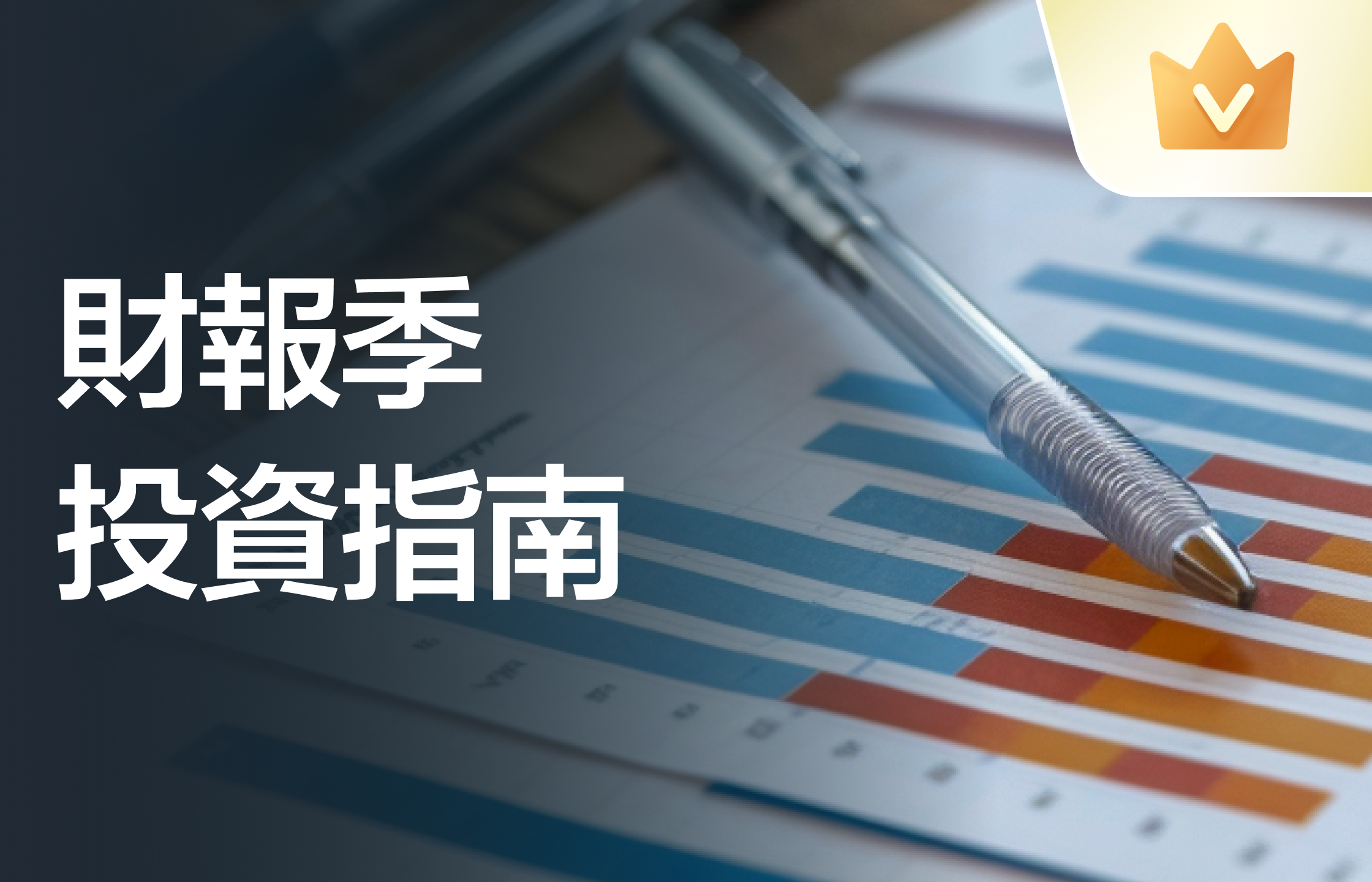EXCLUSIVE: AI In China — The Sleeping Giant Awakens? KraneShares Strategist Says We Should Be Paying Attention
EXCLUSIVE: AI In China — The Sleeping Giant Awakens? KraneShares Strategist Says We Should Be Paying Attention
While the world focuses on Silicon Valley, one investment strategist is taking heed of China's bold moves in the artificial intelligence space.
當全世界都在關注硅谷時,一位投資策略師正在關注中國在人工智能領域的大膽舉措。
What Happened: Derek Yan, a senior investment strategist at KraneShares, spoke to Benzinga about how China's internet giants are laying the groundwork for massive AI adoption.
發生了什麼:KraneShares的高級投資策略師德里克·顏向本辛加講述了中國互聯網巨頭如何爲大規模採用人工智能奠定基礎。
U.S. investors can access China AI opportunities through ETFs like the KraneShares Hang Seng TECH Index ETF (NYSE:KTEC). The ETF tracks Hong Kong's 30 largest tech companies, offering exposure to high-growth, innovative sectors like cloud, e-commerce and fintech. It's market cap-weighted with an 8% cap per stock.
美國投資者可以通過KraneShares恒生科技指數ETF(紐約證券交易所代碼:KTEC)等ETF獲得中國的人工智能機會。該ETF追蹤香港30家最大的科技公司,提供雲計算、電子商務和金融科技等高增長創新領域的投資機會。它是按市值加權的,每隻股票的上限爲8%。
Top holdings of the ETF include Alibaba Group Holding Ltd (NYSE:BABA) (NYSE:BABAF), Meituan (OTCPK: MPNGF), Tencent Holdings Ltd (OTCPK: TCEHY), JD.com Inc (NASDAQ:JD), Xiaomi Corp (OTCPK: XIACF) and Kuaishou Technology (OTCPK: KUASF).
該ETF的主要持股量包括阿里巴巴集團控股有限公司(紐約證券交易所代碼:BABAF)、美團(場外交易代碼:MPNGF)、騰訊控股有限公司(OTCPK:TCEHY)、京東(納斯達克股票代碼:JD)、小米公司(場外交易代碼:XIACF)和快手科技(OTCPK:KUASF)。
One way Chinese companies are taking a lead is by training their own models or using open-source ones — particularly in industries like entertainment, marketing and health care, Yan says.
嚴說,中國公司引領潮流的一種方式是訓練自己的模型或使用開源模型,尤其是在娛樂、營銷和醫療保健等行業。
The vast pool of data gathered from over a billion internet users is advantageous to companies when training large language models, he adds.
他補充說,在訓練大型語言模型時,從超過十億互聯網用戶那裏收集的大量數據對公司有利。
"China's internet companies have previously proven successful in commercializing new technologies," Yan said, citing the mobile tech boom that fueled the rise of these giants.
嚴說:「事實證明,中國的互聯網公司成功地將新技術商業化,」 他列舉了推動這些巨頭崛起的移動技術繁榮。
Read Also: China Dominates Global Generative AI Adoption As Local Startups Face Fierce Competition From The Likes Of Alibaba And Baidu
另請閱讀:隨着本地初創企業面臨來自阿里巴巴和百度等公司的激烈競爭,中國在全球生成人工智能的採用中佔據主導地位
Why It Matters: China's pace of adoption is nothing short of impressive, the strategist said.
爲何重要:該策略師表示,中國的採用速度令人印象深刻。
"Chinese consumers tend to adopt new technology quicker than global peers," Yan said, adding that this agility is evident in how quickly AI is being integrated. Companies like Kuaishou are already seeing success, with their AI model Kling rivaling OpenAI's Sora, he said.
嚴說:「中國消費者採用新技術的速度往往比全球同行更快,」 他補充說,這種敏捷性體現在人工智能整合的速度上。他說,像快手這樣的公司已經取得了成功,他們的人工智能模型Kling可以與OpenAI的Sora相媲美。
By 2025, we'll see big Chinese enterprises adopting AI on a massive scale, Yan said.
嚴說,到2025年,我們將看到中國大型企業大規模採用人工智能。
The stage is set for generative AI to transform China's business landscape, potentially driving huge growth in earnings for internet companies, in his view.
在他看來,生成式人工智能改變中國商業格局的舞臺已經準備就緒,這有可能推動互聯網公司收益的巨大增長。
And with AI tools improving customer experience and cost efficiency, it's clear China isn't just catching up — it's preparing to leapfrog into the future.
隨着人工智能工具改善客戶體驗和成本效率,很明顯,中國不僅在迎頭趕上,還在準備跨越未來。
- China's Markets Still Manage To Get Nvidia AI Chips Via Smuggling: Report
- 報告稱,中國市場仍設法通過走私獲得英偉達人工智能芯片
Image: Shutterstock
圖片:Shutterstock
譯文內容由第三人軟體翻譯。

 Top holdings of the ETF include
Top holdings of the ETF include 